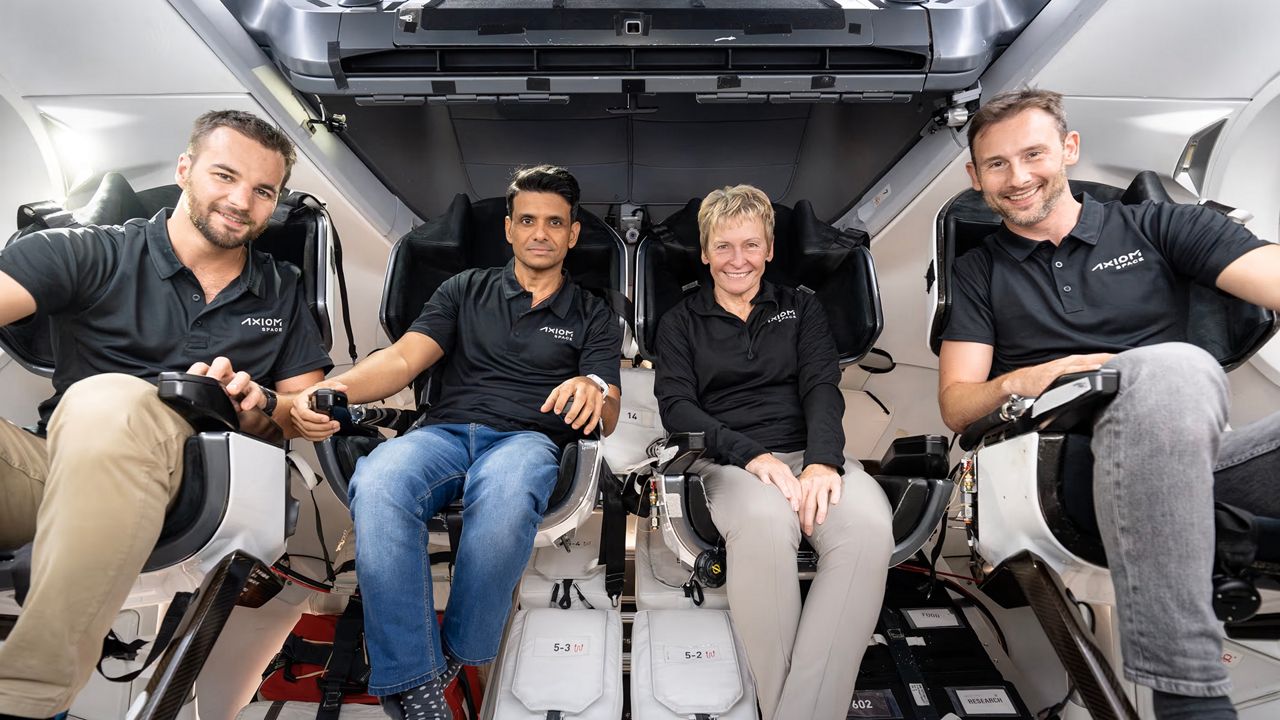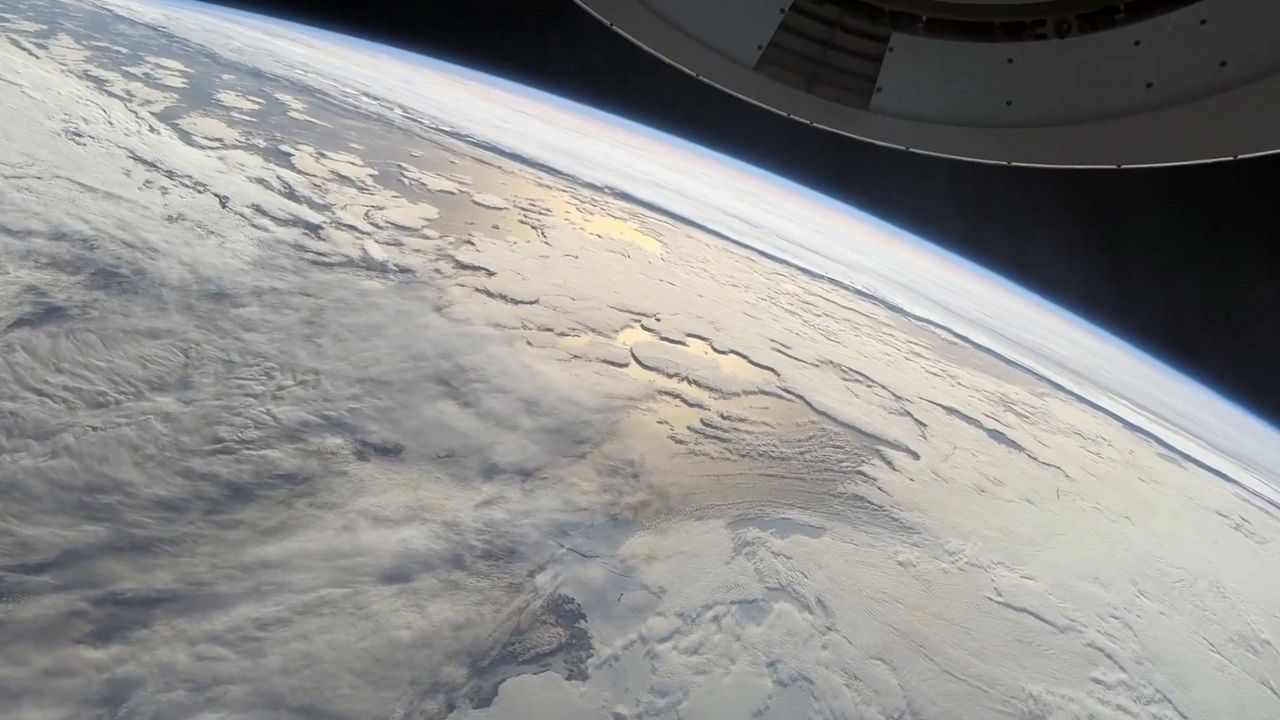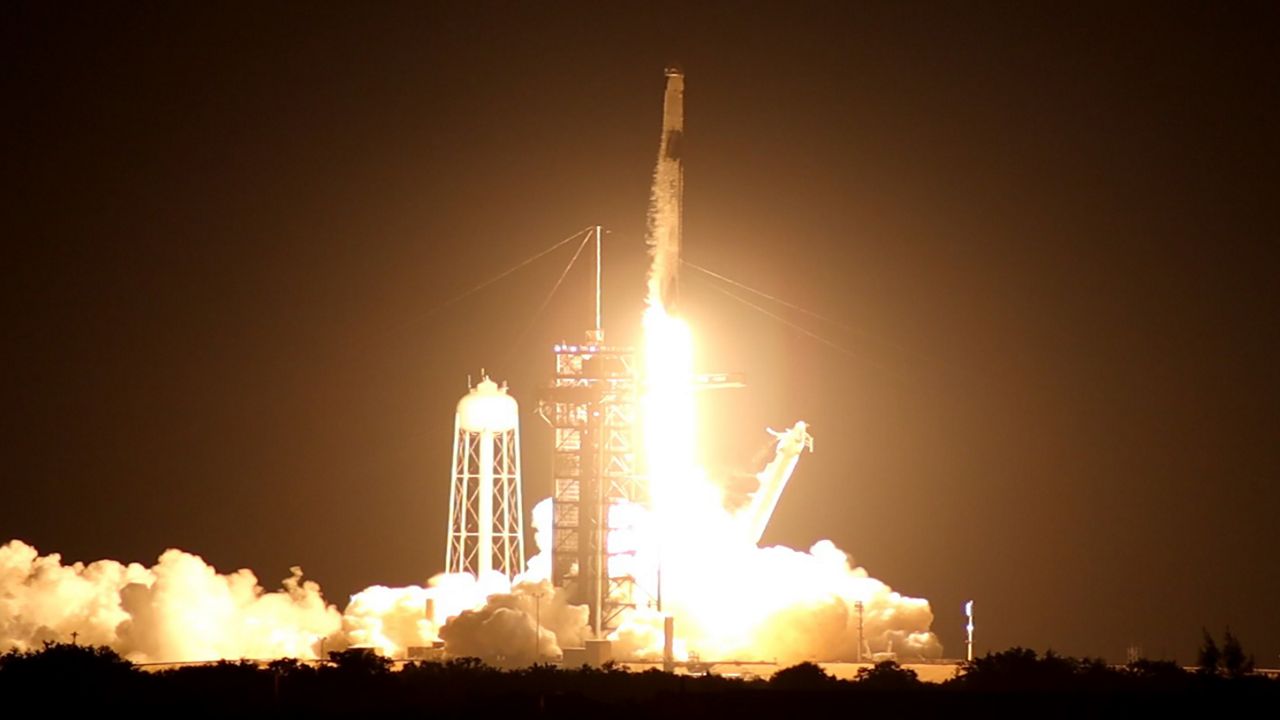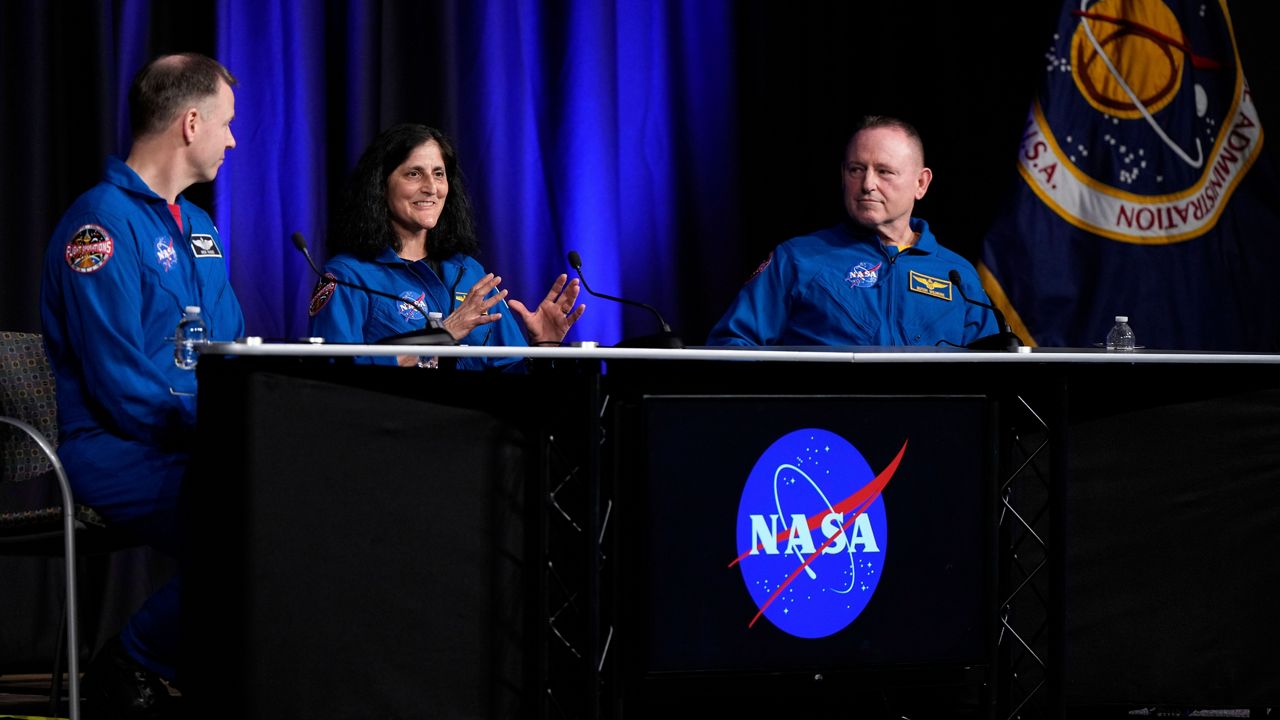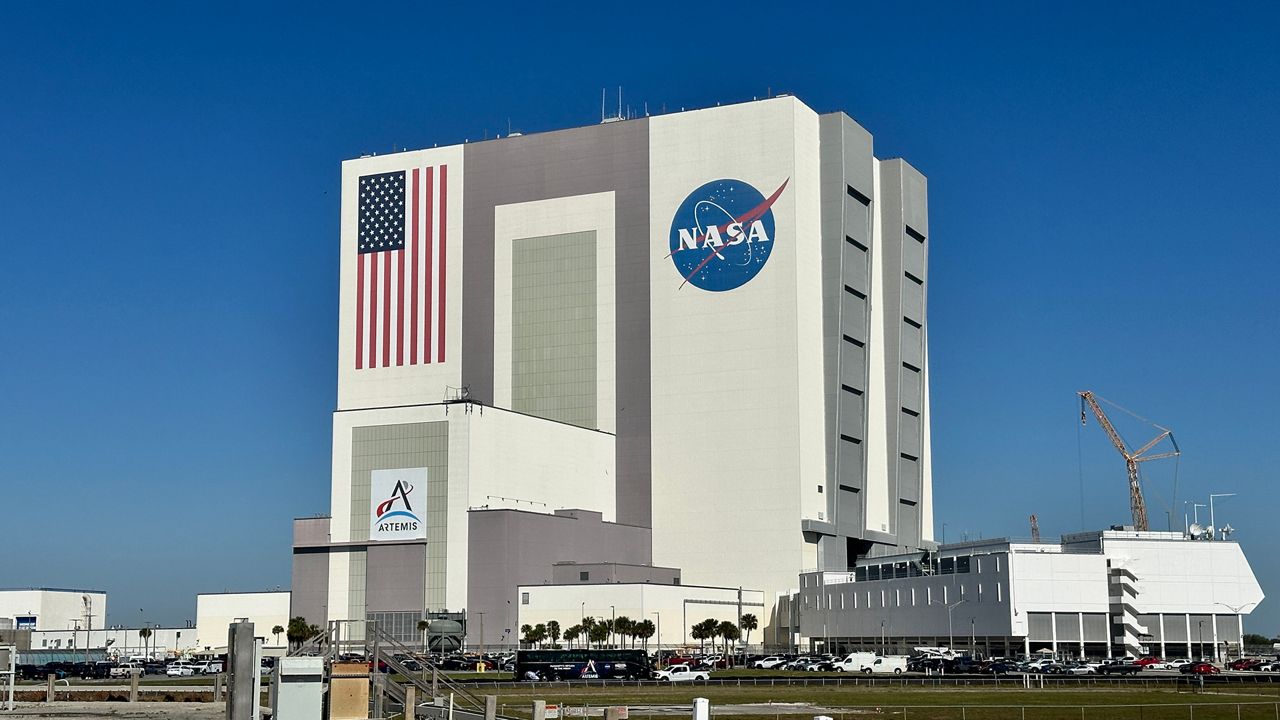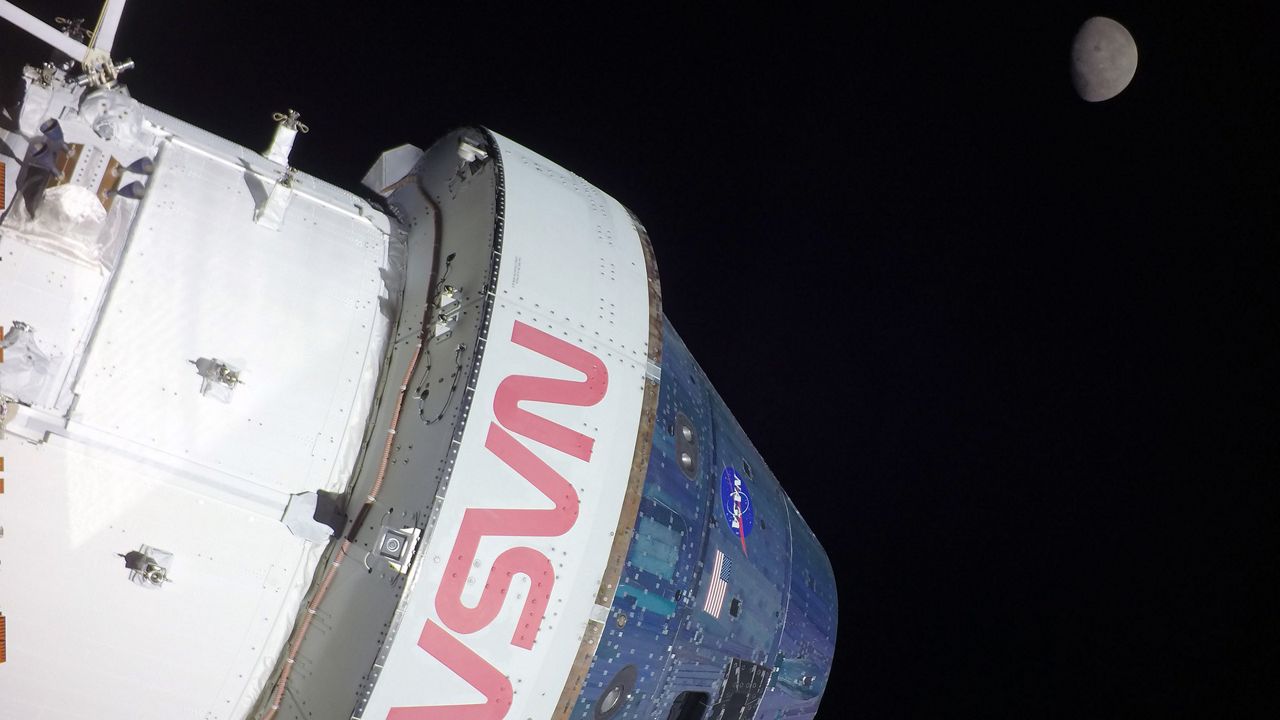KENNEDY SPACE CENTER — Private company Axiom Space is gearing up for its fourth private mission to the International Space Station in spring of 2025.
What You Need To Know
- The first Ax-1 mission was launched in 2022
- Ax-4 is slated to take off from the Kennedy Space Center
It was originally set for October 2024, but the Axiom Mission 4 (Ax-4) crew had to wait for the green light to go up.
“The Ax-4 crew members are pending approval to fly to the orbiting lab by the Multilateral Crew Operations Panel,” NASA stated in a post on social media.
Axiom Mission 4 (Ax-4), the fourth private astronaut mission to the @Space_Station, now is targeted to launch no earlier than Spring 2025 from @NASAKennedy in Florida. 🚀
— NASA Space Operations (@NASASpaceOps) August 9, 2024
The Ax-4 crew members are pending approval to fly to the orbiting lab by the Multilateral Crew Operations…
When the launch does happen, Ax-4 will be taking off in SpaceX’s Falcon 9 rocket and a Dragon capsule from NASA's Kennedy Space Center in Florida.
The two-week-long Ax-4 mission is made up of Cmdr. and former NASA astronaut Peggy Whitson, pilot Shubhanshu Shukla from India, European Space Agency’s Sławosz Uznański as a mission specialist and the second mission specialist, Tibor Kapu from Hungary, explained the EPA.
Whitson is no stranger to private space missions and has even gone down in the history books. She was the first woman to command a private space mission, the Ax-2, and she was slated to be the backup commander on the Ax-3 mission earlier this year.
The three men have never been to space before.
One of the reasons why Whitson was made the commander is due to a rule by NASA for its commercial LEO Development Program: “Requirement for (Private Astronaut Mission) Commander to be a past-flown NASA Crewmember.”
The fab four have spent the last couple of months training at Axiom Space, NASA and SpaceX.
During the Ax-3 mission, Axiom Space President Matt Ondler explained to Spectrum News the prospects that both countries and businesses now have of going to the floating laboratory because of commercial space.
“We think this is probably the future in that, you know, countries want to be involved in space and many have not had the opportunity through the ISS. We are really providing countries this opportunity,” he said.
His words were similar to what Co-Founder and CEO of Intuitive Machines Steve Altemus said before the IM-1 mission earlier this year.
“As we look forward to the future, Intuitive Machines sees our early missions as a blueprint to commercialize a celestial body. We see a future where the company plays the same role as highways, railroads, and shipping lanes are for Earth, but at the moon,” Altemus said to Spectrum News.




